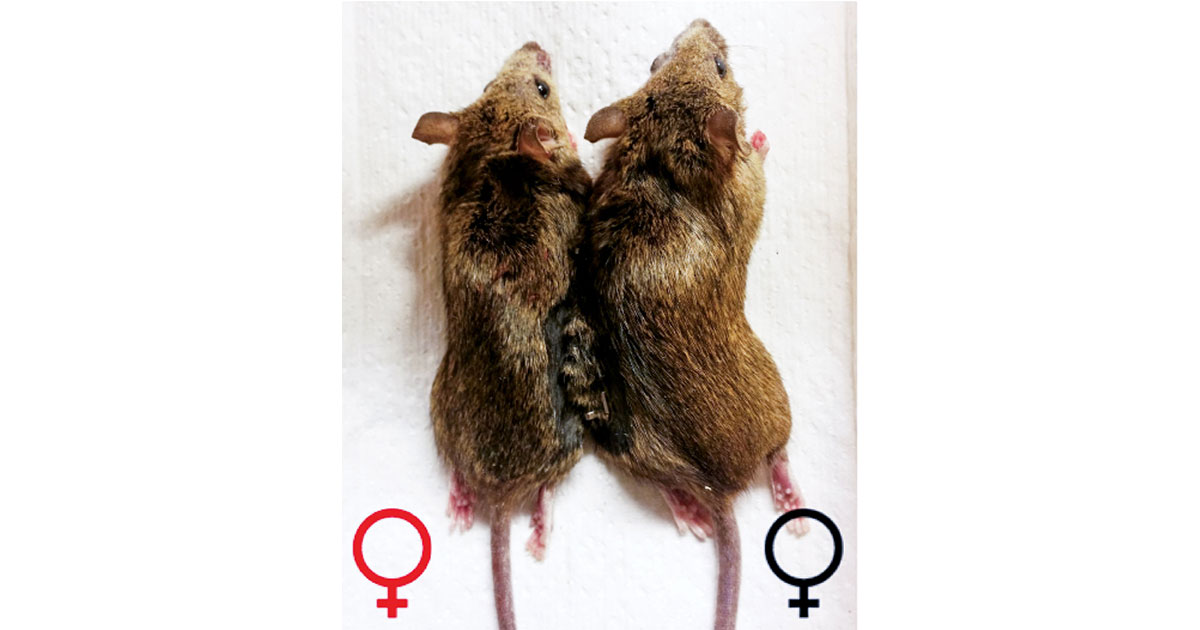Advertisement
Grab your lab coat. Let's get started
Welcome!
Welcome!
Create an account below to get 6 C&EN articles per month, receive newsletters and more - all free.
It seems this is your first time logging in online. Please enter the following information to continue.
As an ACS member you automatically get access to this site. All we need is few more details to create your reading experience.
Not you? Sign in with a different account.
Not you? Sign in with a different account.
ERROR 1
ERROR 1
ERROR 2
ERROR 2
ERROR 2
ERROR 2
ERROR 2
Password and Confirm password must match.
If you have an ACS member number, please enter it here so we can link this account to your membership. (optional)
ERROR 2
ACS values your privacy. By submitting your information, you are gaining access to C&EN and subscribing to our weekly newsletter. We use the information you provide to make your reading experience better, and we will never sell your data to third party members.
Biological Chemistry
New study questions ghrelin-appetite link
Hunger hormone may actually promote fat storage
by Elizabeth K. Wilson
April 22, 2016
| A version of this story appeared in
Volume 94, Issue 17

In what could be a game changer for research on ghrelin, the so-called hunger hormone, scientists report that the biomolecule may actually be a mediator of fat storage, rather than an appetite driver (Sci. Signal. 2016, DOI: 10.1126/scisignal.aae0374).
Researchers previously thought ghrelin regulated appetite because stomach cells produce the hormone when the gut is empty and cease production when the stomach is full.
As a result, ghrelin and its receptor, known as GHSR, have been considered promising drug targets for treating obesity. But candidate compounds have not shown much success in suppressing appetite.
Now, a team led by Jacques Pantel and his colleagues Candice Marion, Philippe Zizzari, and Yacine Chebani at the French National Institute of Health & Medical Research shows that ghrelin’s biological role is more complicated.
The group engineered rats so that the animals’ brain cells expressed a mutant variant of the ghrelin receptor that renders it more sensitive to ghrelin; that is, when the receptor is exposed to ghrelin, signaling within brain cells is enhanced compared with cells expressing the normal receptor.
The group observed numerous provocative effects. For example, when they restricted the rats’ diets, which increased ghrelin levels, the mutant rats lost less weight than their wild-type counterparts. And strikingly, when the wild-type and mutant rats were fed a normal diet, they ate the same amount of food, but the mutant rats had more fat mass compared with their wild-type counterparts.
That the mutant rats didn’t increase their food consumption “supports the argument that endogenous ghrelin may not be the physiological regulator of food intake,” notes Roy G. Smith at Scripps Research Institute Florida in a perspective accompanying the paper.
Still, drugs targeting ghrelin or its receptor could be useful for reducing body fat, even if they don’t affect appetite.
The French group hopes their GHSR-mutant rats can be used to further study the role of ghrelin signaling in the body.




Join the conversation
Contact the reporter
Submit a Letter to the Editor for publication
Engage with us on Twitter